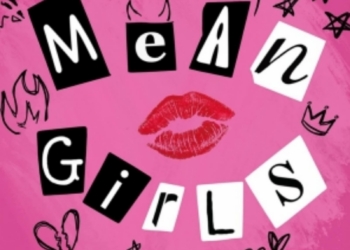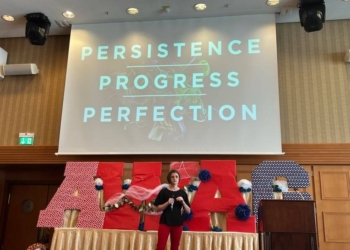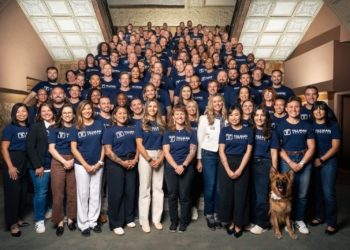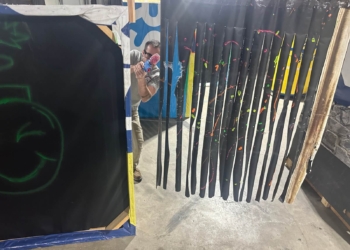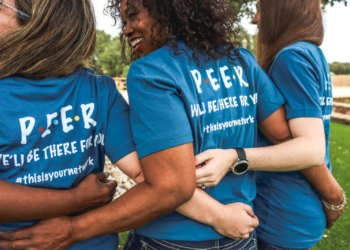Twenty years ago, I was a newlywed in Hawaii when my Army pilot husband left for a yearlong deployment to Afghanistan. During that stretch, the best man in our wedding died in a plane crash, along with their lieutenant colonel and several of my husband’s buddies. It was a hard, messy season.
A sailing course at Hickam Harbor Marina gave me something solid to hold on to. I learned how to right a capsized boat and read the wind. I also grew close to a classmate, Eileen Azzopardi, a Navy wife and entrepreneur who became a lifelong friend.
We stayed in touch through Christmas cards, calls, visits and Facebook. We shared the hard stuff and the good stuff: IVF, jobs, babies, birthdays, moves — even overseas adventures.
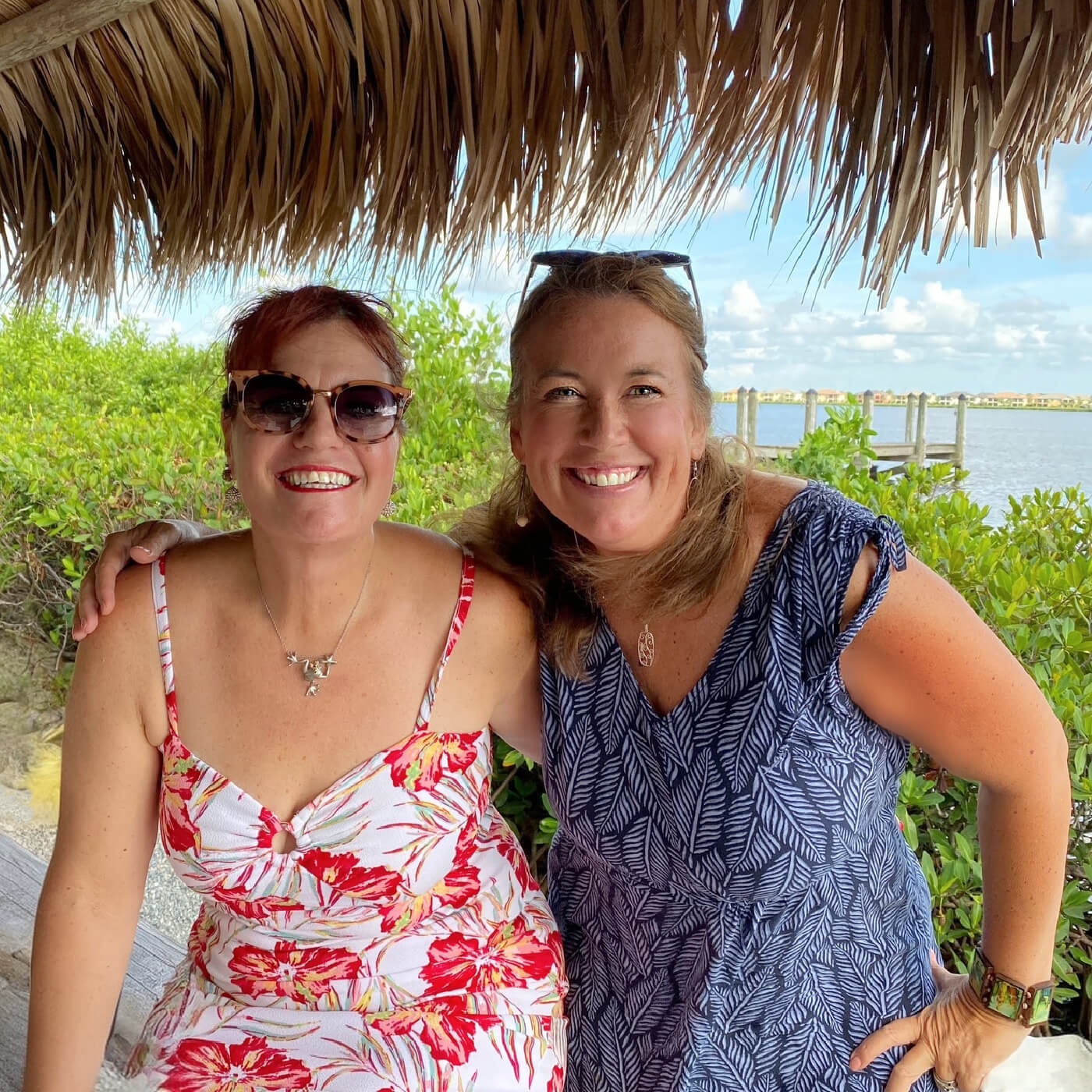
We bonded in our days as Wet Hens. It was the nickname for the sailing program that has been around since the 1960s. The name came from former harbormaster Louis “Papa Lou” Foster, a retired Air Force master sergeant who once joked that the sailing wives were like “a bunch of wet hens.” The name stuck. The wives embraced it and wore it like a badge of honor.
For me and for Eileen, like so many others, those sailing days built friendship and connection when everything else felt shaky.
“I remember going to a funeral and seeing my Hen friends there,” says my friend Katie Lee, a sailing instructor who now lives in Louisiana. Her husband, another Army aviator, was also deployed at the time. “On the water or off, it was just this incredible thing.”
She calls the Wet Hens one of the greatest blessings of her life.
“It made me a better wife, mom, friend,” she said. “And once you’re out there sailing, you can’t think about anything except what’s happening right in front of you.”
More than just sailing lessons
The Wet Hens run three sessions a year. It’s still just $200 for the course. Most instructors are certified through US Sailing. The program has become so popular that spots fill through a lottery.
“Women would camp out for days,” Becca Hoskins, a former skipper who now lives in Virginia, said. “Now people cry when they get picked.”
She loves the confidence it builds. Once you can dock a boat solo, “it makes you want to be better in every part of your life.”
Steady at the helm
Linda Ladeira jokes that she’s now a “Grandma Hen.” She joined 28 years ago when her Army husband was active duty, and she still helps run the program.
“We support each other, learn from each other and take each other to a whole different level,” she said.
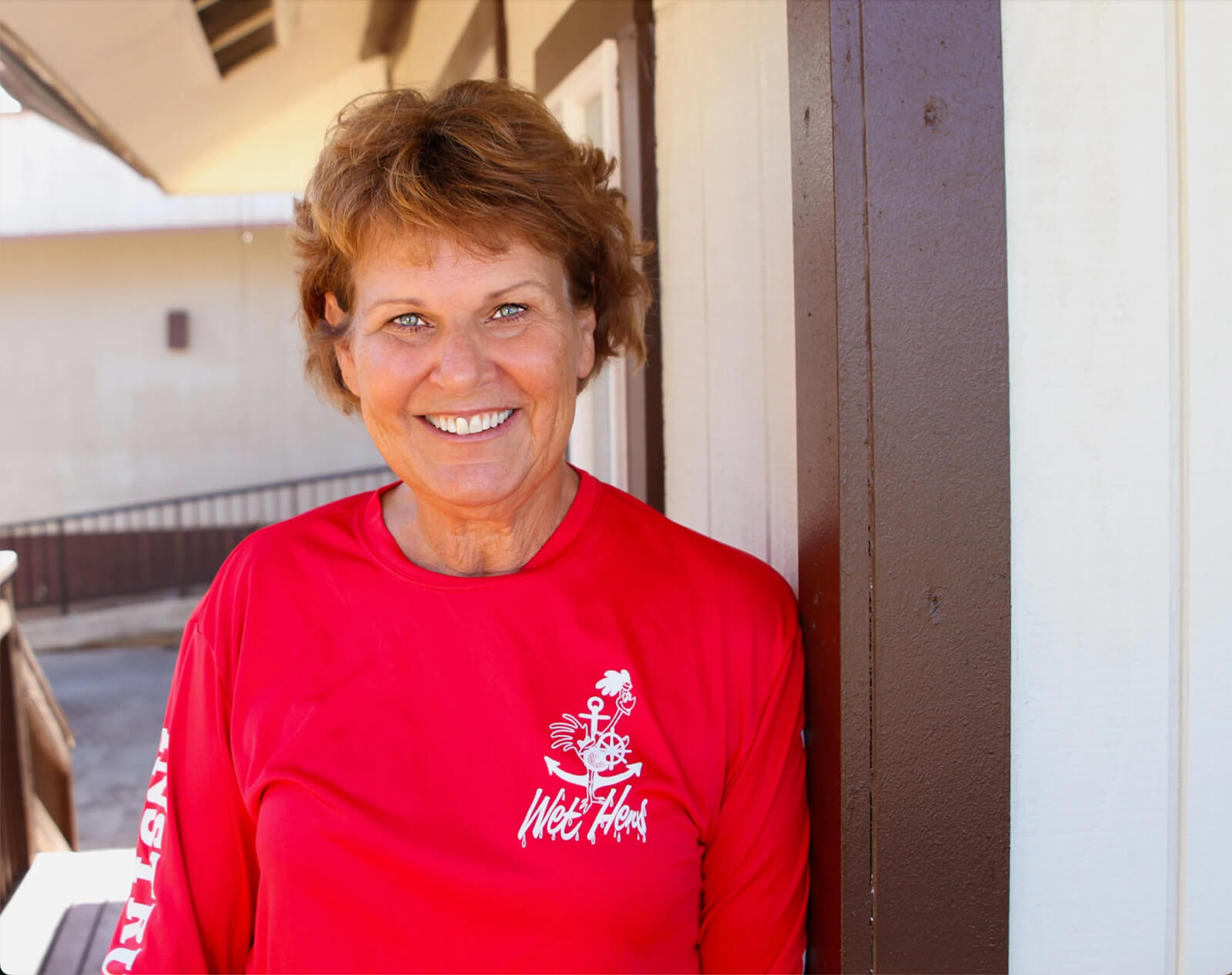
“It’s a very special group of women,” Kim Shigekane, an Air Force wife and this year’s skipper, said. She grew up in Hawaii but didn’t start sailing until other military wives introduced her to the sport. “It changed how I spend my time on the island.”
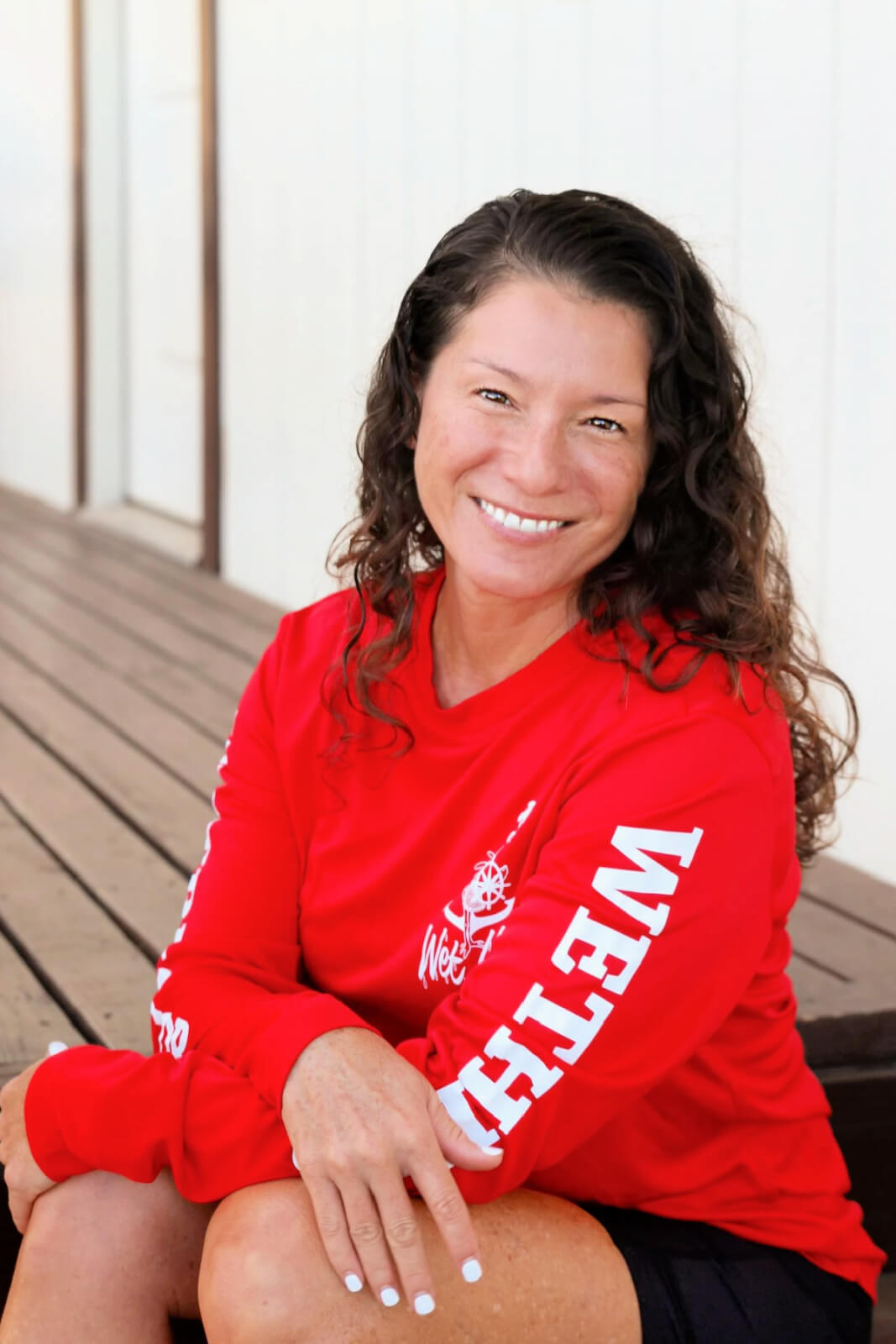
This summer, Eileen and I returned to Hickam Harbor. We met up with women who taught us how to raise our sails, hold our ground and captain boats of our own.
The boats might be newer, but they’re basically the same. So are the bowline knots. The lessons haven’t changed much, and neither has the spirit.
Twenty years later, we still have our sea legs. And we still have each other.
To learn more about the Wet Hens, visit their website.
Read comments












